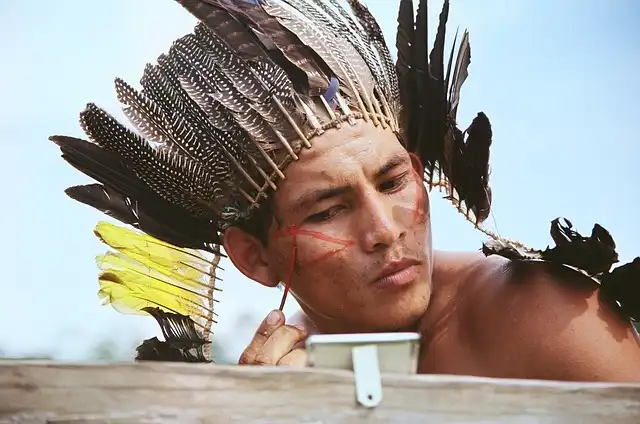
In the heart of South Kivu, a region abundant in mineral wealth, a program jointly launched by Cultural Survival and Femmes Pymees en Action (FEPA-Pygmy Female at work), Radio Kivu FM, Congo, has actually been encouraging Indigenous Pygmy areas to reclaim their legal rights and protect their ancestral lands from mining activities.
The program in South Kivu stands as a testimony to the effectiveness of community-led initiatives in attending to the complicated tests postured by extractive industries. It demonstrates that with calm advocacy, dialogue, and cooperation, it is possible to attain positive adjustment, shield the environment, and guarantee the civil liberties of native individuals are valued.
From September 2023 to July 2024, the program focused on outfitting Pygmy communities with the skills and tools needed to engage in pacifist advocacy and fostering discussion with mining companies and neighborhood authorities to guarantee their voices are heard and their rights valued.
The program’s impact was significant in Lemera, a town in the Uvira area. Pygmy neighborhoods, long-suffering from land expropriation because of extensive mining, were trained in nonviolent advocacy strategies. Via relentless and calm interaction, they managed to open up a dialogue with the OLIVE mining company, which had actually formerly ignored their concerns. This discussion led to a spots contract, with the firm accepting resettle some Pygmy family members on their genealogical lands, showing the power of peaceful arrangement.
In 2023, Radio Kivu FM Congo, received a grant from Cultural Survival’s Indigenous Neighborhood Fund, which supplies chances for international Aboriginal radio stations to reinforce their framework and program systems and creates training possibilities for journalism, broadcasting, audio modifying, technical abilities, and more for radio journalists from Aboriginal areas all over the world. In 2023, the Indigenous Community Media Fund sustained neighborhoods with 60 gives completing $420,000 to Native neighborhood media in 20 countries, sustaining 87 Aboriginal Peoples.
Pygmy areas, long-suffering from land expropriation due to intensive mining, were educated in nonviolent advocacy methods. In the village of Lugushwa, within the Mwenga area, the project facilitated normal meetings in between mining stakeholders, neighborhood authorities, and Pygmy neighborhoods. The committee efficiently pressured mining operators to refurbish locations damaged by mining and respect the land civil liberties of Pygmy neighborhoods, confirming that peaceful coexistence and mutual regard are achievable.
In the town of Lugushwa, within the Mwenga territory, the job helped with regular conferences in between mining stakeholders, regional authorities, and Pygmy areas. These multi-party discussions cultivated a collaborative setting, leading to the establishment of a monitoring committee to assess the impact of mining tasks on aboriginal rights. The committee successfully forced mining operators to fix up areas harmed by mining and regard the land legal rights of Pygmy communities, confirming that calm conjunction and shared respect are possible.
These success tales underline the transformative power of non-violent campaigning for in encouraging marginalized neighborhoods to assert their legal rights and protect their heritage. The task has produced concrete results, such as land restitution and facilities renovations, and promoted a feeling of agency and empowerment amongst Pygmy areas. By equipping them with the skills and self-confidence to participate in positive dialogue, the project has actually led the way for a more lasting and fair future where the legal rights and voices of indigenous peoples are appreciated and promoted.
The program also extended its reach to the village of Misisi in the Fizi territory. It played a critical duty there in refurbishing a 20-kilometer stretch of road resulting in the town, enhancing accessibility and connectivity for the area. Additionally, it helped with the re-establishment of favorable relationships between the leaders of the Basimukuma Nord team and the Pygmy peoples in the area via a campaigning for objective that encouraged responsible mining techniques. This advocacy caused the mining company BANRO rehabilitating the roadway, showcasing the favorable end results that can develop from cooperation and discussion.
1 Femmes Pymees2 Pygmy communities
3 Pymees en Action
« IIPFCC COP29 Closing Statement: Condemning Unethical Methods and OutcomesCan we end racism in Australia? Yes, according to the first-ever national plan »
